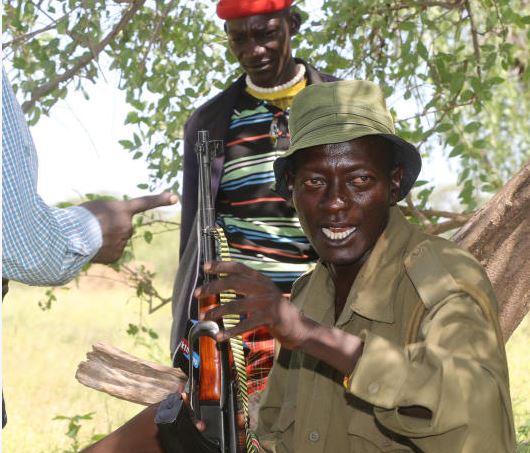×
The Standard e-Paper
Join Thousands Daily

The Government has intensified the deployment of security personnel in the North Rift to contain warring communities.
The Anti Stock Theft Unit (Astu) has set camp in Kamilei, Mwiteta and Wagwachi along the Baringo and Laikipia counties’ borders.